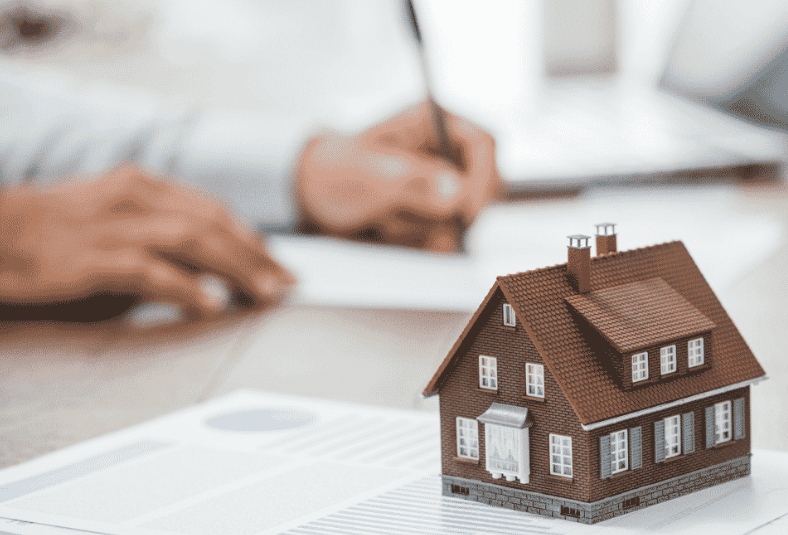
How is a mortgage usually calculated?
A mortgage is usually calculated taking into account several factors, such as the value of the property, the amount of the loan, the interest rate and the repayment term.

The total amount you pay each month depends on the initial loan amount, the repayment term and the interest rate.
The interest rate applied to the mortgage loan is fixed by a variable index, such as Euribor, which is updated periodically.
To calculate it, you have to take into account several factors, such as your income and your interest.
In addition, you will also have to add the initial expenses, such as the down payment and taxes.
It's important to know the calculations necessary to properly calculate a residential mortgage. Here are some important considerations to keep in mind.
What is a mortgage?
A mortgage is a long-term loan granted by a financial institution for the purchase of a property or real estate.
It can be thought of as a guarantee provided to the lender to ensure repayment of the loan.
In general, the lender requires monthly interest payments until full repayment of the loan.
Calculation of the mortgage loan
The mortgage loan calculation is usually done by applying a formula, which takes into account various factors such as the amount of the loan, interest and repayment terms.
It is obtained by multiplying the value of the property by the percentage to be financed.
The interest rate that the bank will charge and the repayment terms are then determined.
What is the interest rate?
The interest to be paid on a mortgage depends on the percentage agreed in the contract.
The fixed rate remains unchanged for the entire duration of the loan, while the variable rate varies according to the reference index.
What is the amount of the loan?
Calculating the amount of the mortgage is one of the most important tasks when buying a house.
The amount of the loan will depend on the amount you have saved for the deposit, as well as your ability to pay the monthly payments.
Generally, the amount of the loan depends on the amount of money you have saved and can afford for the deposit.
How long will it take me to repay the loan?
How long it will take you to repay the loan depends mainly on the type of mortgage you have chosen.

If you have chosen a fixed rate mortgage, the repayment period is usually between 15 and 30 years.
In the case of a variable rate mortgage, the repayment term is usually shorter, typically between 5 and 10 years.
Considerations on the calculation of the mortgage
1.Value of the property: The first step in calculating the mortgage is to know the value of the property to be mortgaged. This can be done through a professional appraisal.
2. Savings: The amount of money the mortgage holder has saved also has a significant influence on the mortgage calculation.
3. Interest rate: The interest rate is also fundamental in the mortgage calculation. It is, in short, the percentage that will be charged for lending the money needed to buy the house.
Fixed or variable interest rate
The fixed interest rate does not vary during the period, so the installments remain unchanged for the duration of the loan.
The variable interest rate is subject to market changes, so payments may vary during the term of the mortgage.
The choice between a fixed or variable rate depends on several factors and is subject to the needs and preferences of each individual.
Type of financing
The down payment is considered one of the main forms of financing for the purchase of a home.
Mortgage Loan: A mortgage loan is a loan of money for the purchase of a property. The amount of money borrowed is secured by the property purchased.
Real estate lease: is a form of financing in which the tenant makes periodic payments to the landlord for a specified period of time.
At the end of the lease, the tenant has the option to purchase the property or return it.
Closing costs
Closing costs are the additional costs to be paid at the end of the mortgage purchase process.
Conclusion
Calculating a mortgage requires knowing the basics of financing, interest rates and lender requirements.
The price of the property, the amount that can be paid monthly to cover a mortgage and the term of the loan must be taken into account.

Finally, when calculating a mortgage it is important to take into account taxes, insurance and other expenses related to the purchase of a property.






